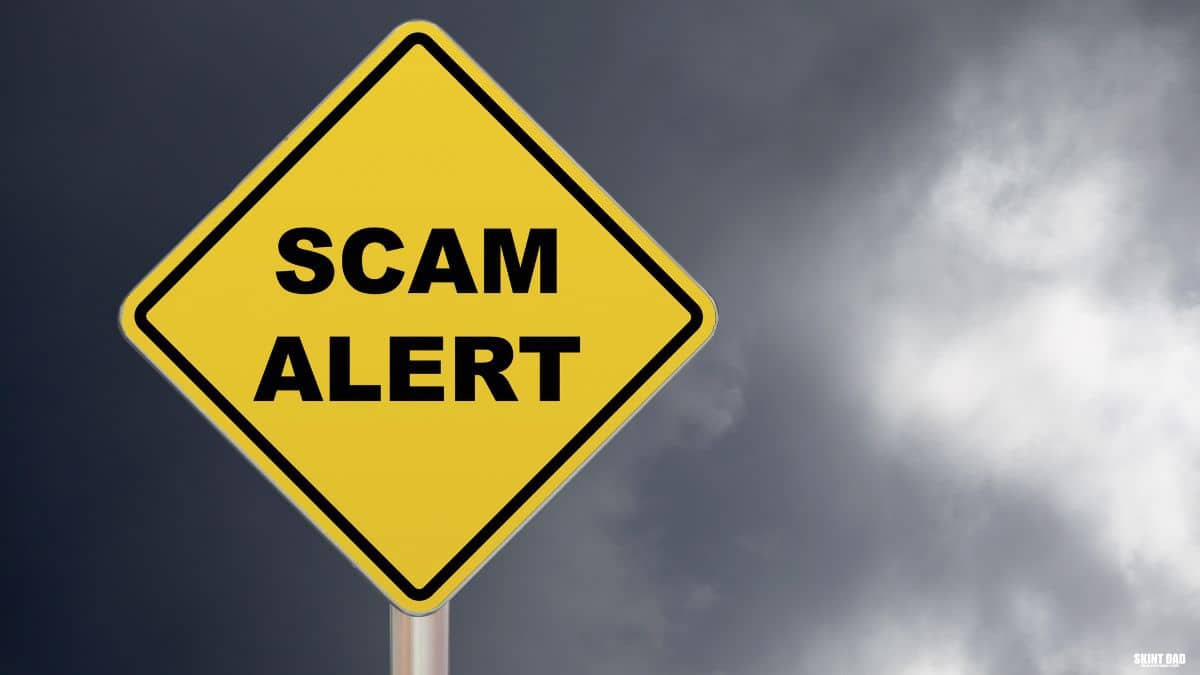Greater than 170,000 tax-related scams had been reported to HMRC prior to now yr, with almost 50,000 concentrating on self-assessment clients.

£10 join bonus: Earn straightforward money by watching movies, enjoying video games, and coming into surveys.
Get a £10 join bonus if you be a part of as we speak.
Scammers have gotten extra subtle, typically impersonating HMRC to trick you into revealing private particulars or handing over your cash.
With the 31 January 2026 tax return deadline developing, HMRC has issued a warning to assist folks spot fraudulent messages and keep away from falling sufferer.
How HMRC tax rebate scams work
Most scams contain faux tax refund presents despatched through e mail or textual content message. The message claims you’re owed a tax rebate and features a hyperlink to an internet site that appears real however is designed to steal your private particulars.
Info like your identify, deal with, passwords, and financial institution particulars can be utilized by criminals to entry your accounts and even commit id fraud.
HMRC says greater than a 3rd of phishing experiences final yr concerned bogus tax rebate claims.
How one can keep away from HMRC tax scams
HMRC has shared a number of suggestions to assist taxpayers keep away from falling for these scams:
- File your tax return early
Submitting your return forward of the deadline makes it simpler to identify suspicious messages. Final-minute filers usually tend to panic and fall for pressing or official-looking scams. - Use the official HMRC app
The free app is a safe solution to handle your tax account, examine your refund standing, and keep away from clicking on dodgy hyperlinks. It makes use of safe login options like PINs and facial recognition, making it tougher for scammers to entry your particulars.
4 issues HMRC won’t ever do
HMRC has confirmed there are specific issues it is going to by no means ask for or ship:
- Supply tax rebates by e mail, textual content, or telephone name
- Go away voicemails threatening arrest or authorized motion (I’ve had one among these – you may hear what it seems like right here)
- Demand pressing funds utilizing present playing cards, cryptocurrency, or different uncommon strategies
- Ask for private or monetary particulars like passwords or checking account numbers through e mail, textual content, or over the telephone
In case you obtain any message claiming to be from HMRC that does any of the above, it’s virtually definitely a rip-off.
How one can examine if a message is real
HMRC does ship emails, texts, and letters, however there are methods to substantiate in the event that they’re actual:
- Real emails have particular topic traces about your account, by no means imprecise guarantees of rebates
- Any hyperlinks will go on to an official GOV.UK web page — all the time examine the complete URL earlier than clicking
- HMRC might use QR codes in letters, however these solely result in steerage pages and by no means request private particulars
What to do should you get a suspicious message
In case you obtain a textual content, e mail, or telephone name claiming to be from HMRC and also you’re undecided if it’s real, don’t click on on hyperlinks or present any particulars.
You possibly can ahead suspicious emails to [email protected] and ahead rip-off texts to 60599.

